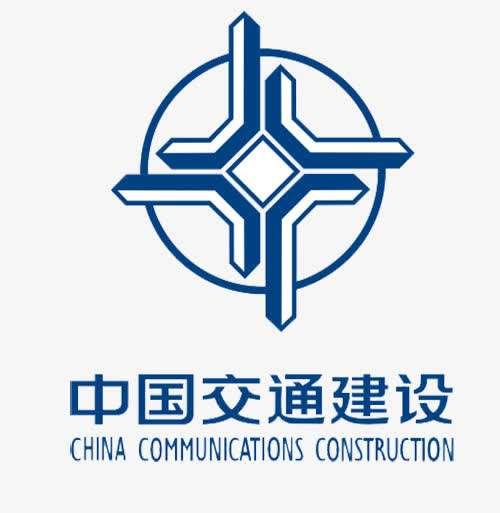MILAN, Jul 9 (Class Editori) -- China Communications Construction Company is building industrial districts and intends to invite Italian companies to take advantage of the provided subsidies. “We know that Italian companies are above all SMEs and for this reason we offer them the opportunity to make partnerships with our company to sell their products in these industrial districts,” said the top manager in Italy of the public giant Neli Nanova, speaking from the stage of the ‘Belt & Road Initiative 2 - The new Silk Roads’, the convention hosted on the Stock Exchange venue on July, 5 and organized by Class and MF-Milano Finanza together with Xinhua Silk Road Information Service and China Economic Information Service.
The idea of an Italian citadel in the district of Shunde, in the middle of Guangdong, which serves as an engine of growth and innovation in China, located between Guangzhou, Dongguan and Jiangmen, is aimed at small and medium-sized companies specialized in mechanics, in the automotive, pharmaceutical, environmental protection and food processing sectors.
Within the Italian industrial zone, designed to boost production and exports to the Chinese, Asian and Southeast Asian markets, companies will benefit from special economic zones. There will be a cash back up to 30% on the purchases of machinery and equipment acquired during the startup phase. For three years, companies will also enjoy exemption of interest on loans. For the first three years there will also be a cash back of up to 10%, not exceeding 1.2 million euros of equity investments. The rent of lands will in turn benefit from a 100% cash back in the first year and 50% in the second and third years, up to a maximum of €250,000 per year. Other benefits, on the other hand, are related to research and innovation costs.
As emerged by data showed by Nanova, China Communications Construction Company (CCCC) is also working with the main e-commerce platforms of China to promote the distribution of Italian products in the country, creating channels able to reach Chinese consumers, also favoring customs practices.
In the last seven years the construction giant has distinguished itself for its position at the forefront of the government's ‘go out’ strategy, aimed at supporting the internationalization of the Chinese groups. “The investments planned outside China have grown from 70 million dollars in 2012 to 15 billion dollars in 2018”, revealed Nanova, who will soon move to Italy the company's European headquarters, interested in investing in the facilities of the Trieste and Genoa ports.
The group took part in some of the new infrastructures to be built in the world. Among those: the 47 kilometer long bridge and tunnel on the sea that connects Macao and Hong Kong, built in seven years; the Colombo Harbor City, in Sri Lanka; an urban complex of 5 million square meters, worth 1.4 billion dollars; the largest container terminal in the world, in China, costing 11.5 billion dollars; while in Europe it is working on the fast railway that will connect Serbia and Hungary.
(Source:Class Editori)
Notice: No person, organization and/or company shall disseminate or broadcast the above article on Xinhua Silk Road website without prior permission by Xinhua Silk Road.




 A single purchase
A single purchase









